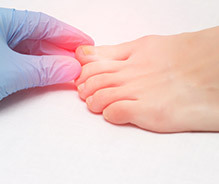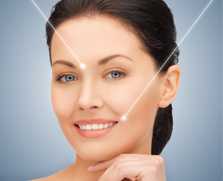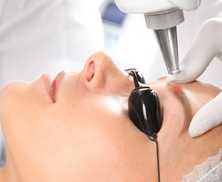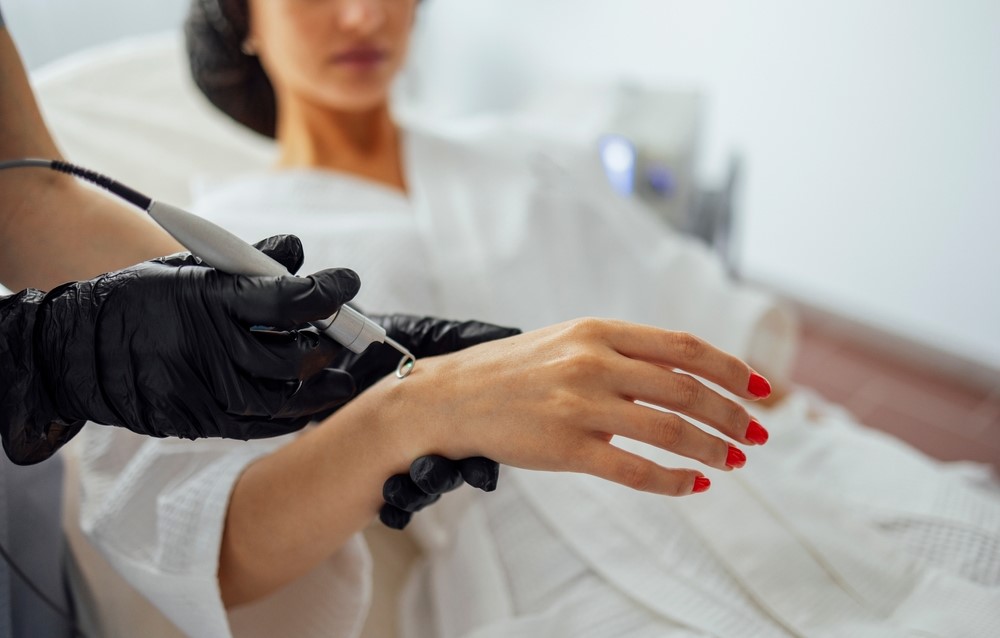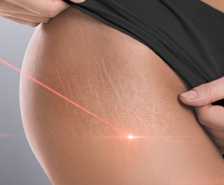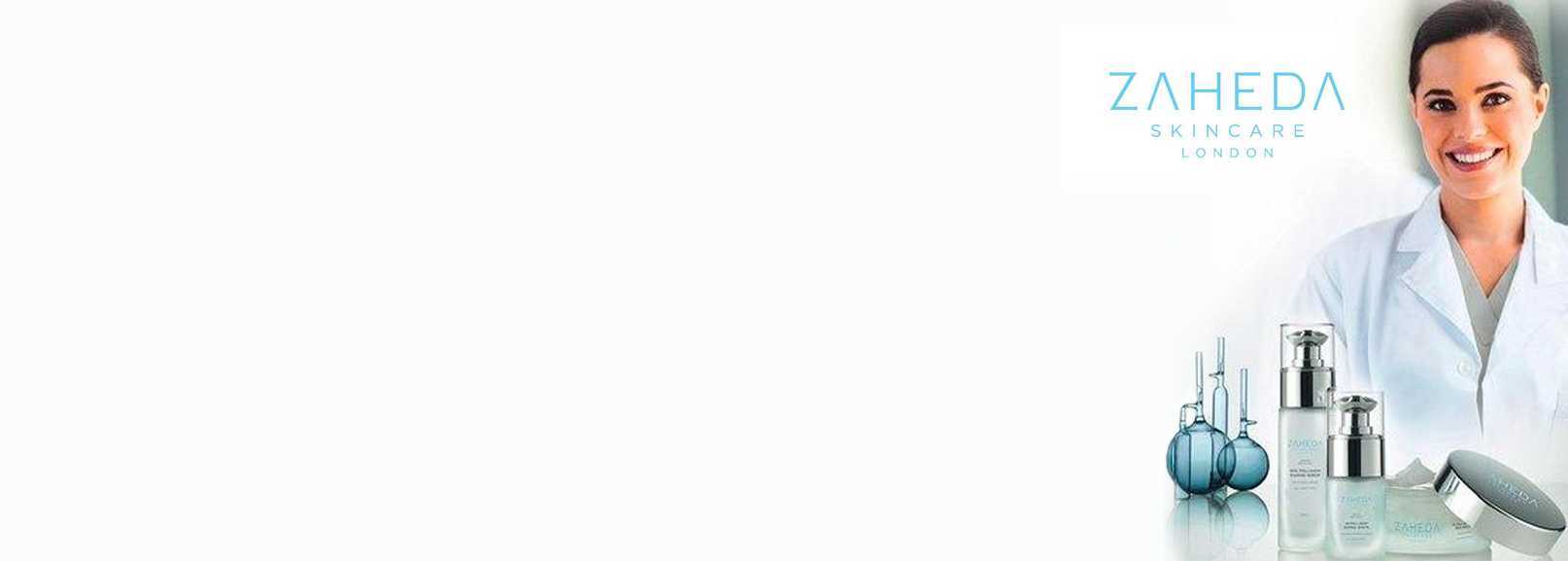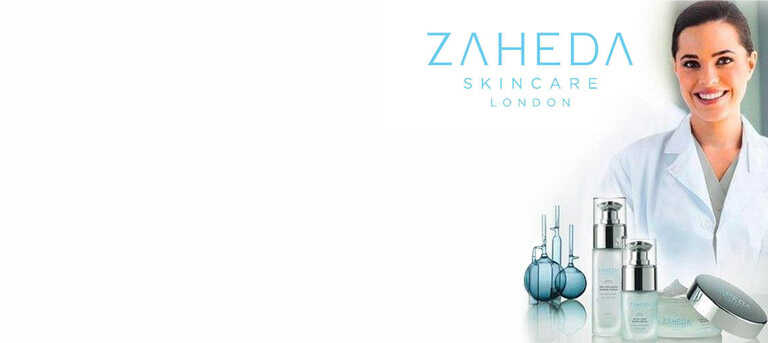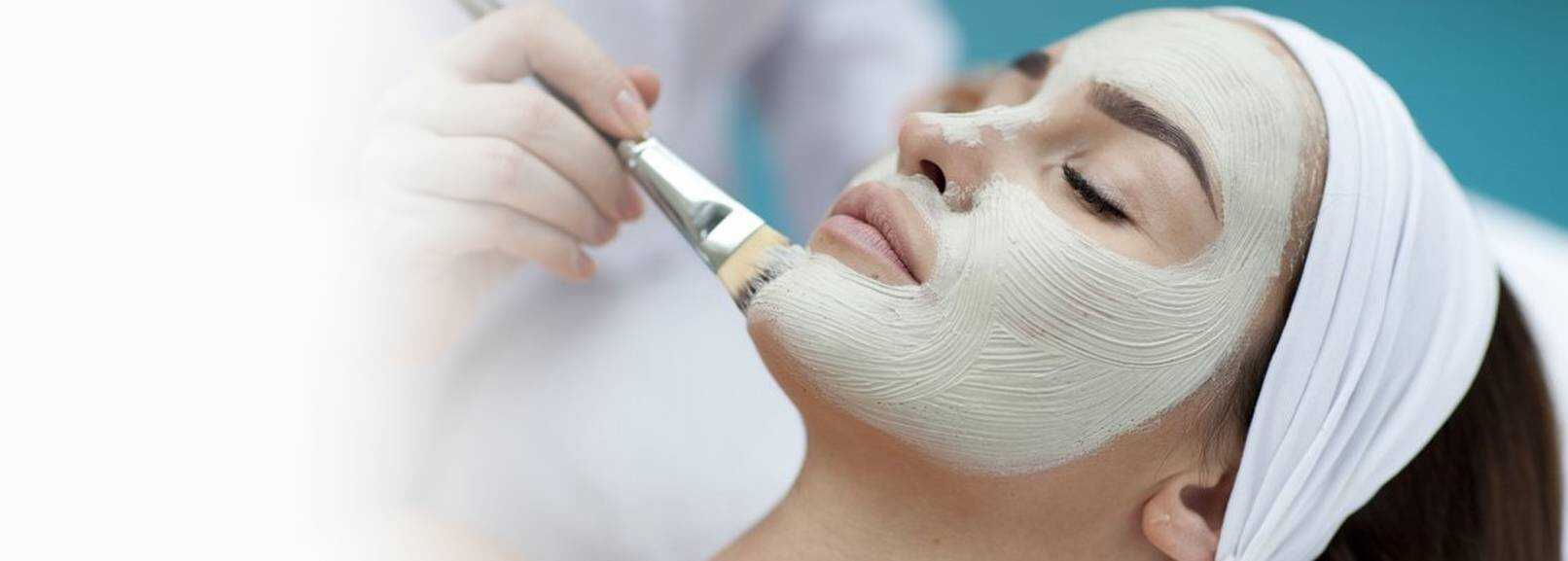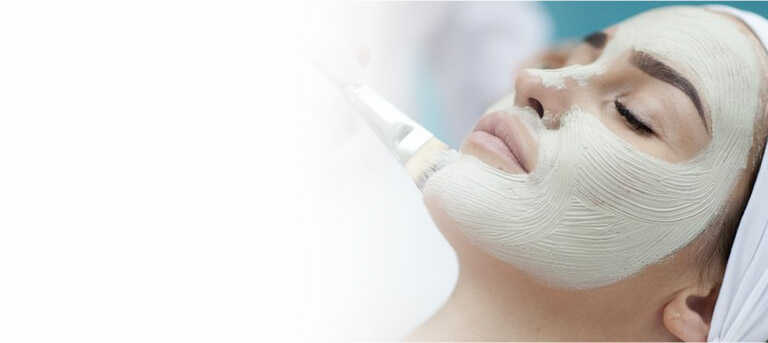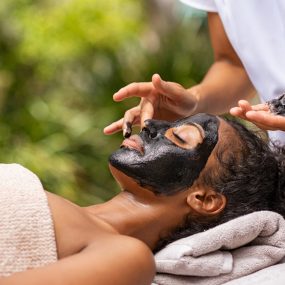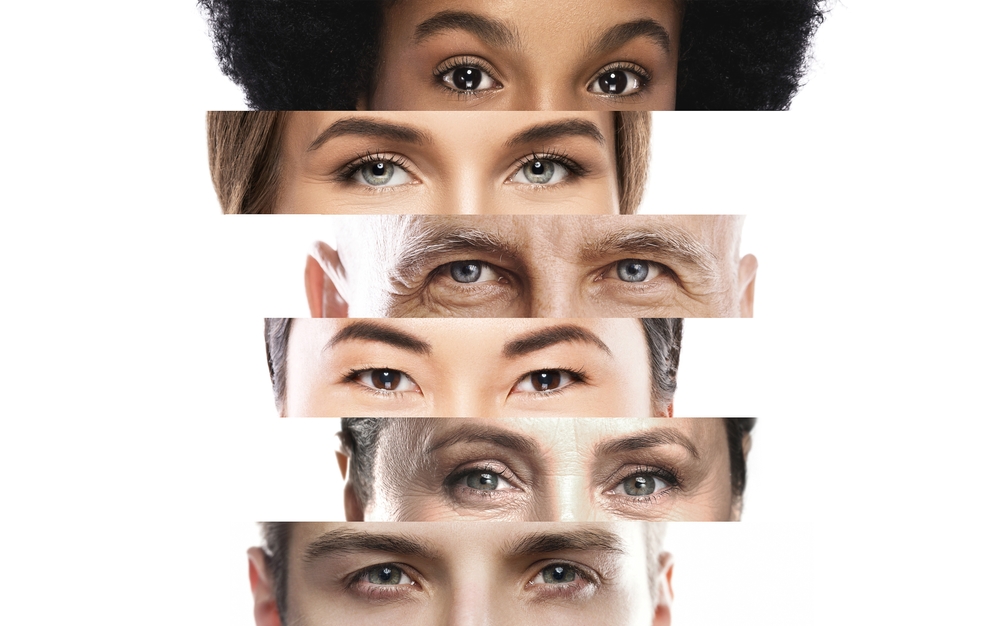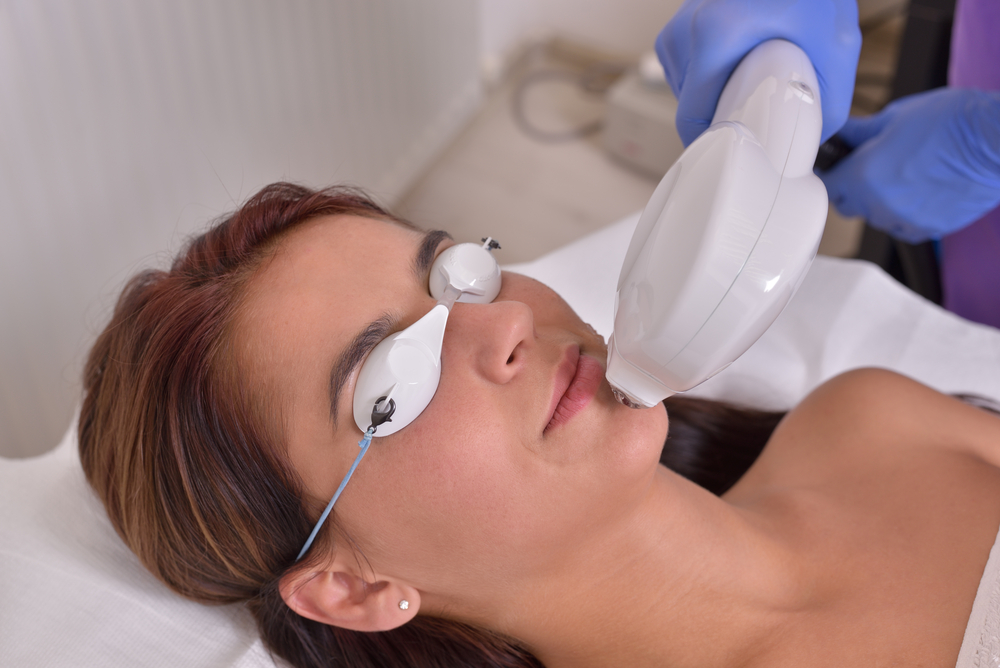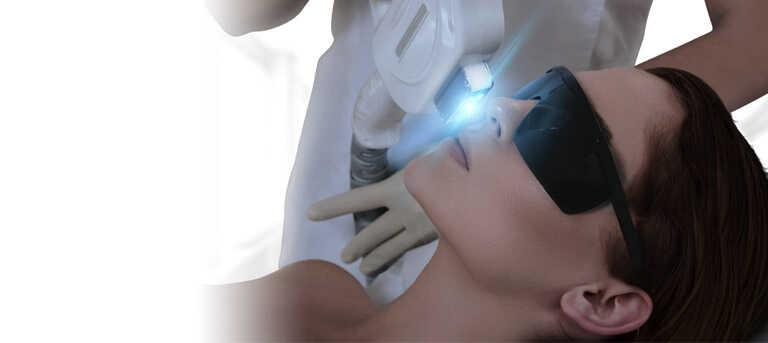TRUSTED SELF HARM SCARS EXPERTS IN LONDON
Dont Miss Our Christmas Offers – Call Us Now On 0208 012 8582
Here at The Laser Treatment Clinic, we specialise in self harm scars removal. Self harm scars are often a painful reminder of difficult times for those who have them, which is why many people choose to have them removed. Our team of professionals here at The Laser Treatment clinic have years of experience treating self harm scars. We understand the importance of this treatment, and are well-equipped to effectively reduce the appearance of your scars with our cutting-edge laser technology, and friendly team of skin care specialists that will guide you every step of the way.
Self Harm Scars
Self harm scars are scars left behind from self inflicted wounds. These types of scars are most commonly found on the forearms and legs. Self harm scars are often a painful insecurity for those who have them, which is why individuals will choose treatment to help reduce their appearance. Here at The Laser Treatment Clinic, we understand the importance of sensitivity around this type of treatment, and we offer both laser and non-laser options for the removal of self harm scars.
Different Types of Scars
There are several types of self harm scars that we can help treat. Scars can vary in appearance depending on the type, our team of professionals at The Laser Treatment Clinic have years of experience in treating all different kinds of scars, so we know how to help you.
Below are the most common kinds of scars we treat at our London laser clinic:
● Pigmented Scars: These scars, also known as dark scars, are caused by an overproduction of melanin during the healing process. These types of scars can appear darker than the surrounding skin and may take longer to fade.
● Light Scars (hypopigmentation): These scars occur when there is a loss of pigmentation in the scar tissue, making it lighter than the surrounding skin.
● Raised Scars: These scars also known as hypertrophic scars, occur when there is an excess amount of collagen production during the healing process. This results in thick, raised bumps on the skin’s surface.
● Depressed Scars: This kind of scar is caused by a loss of tissue during the healing process. These scars can appear as sunken or indented areas on the skin.
● Keloid Scars: These scars are similar to raised scars, but they extend beyond the boundaries of the original wound and can continue to grow over time.
● Contractures: These are another type of scar that occurs when there is a significant amount of skin lost during the healing process, resulting in tight, constricted areas.
Laser Treatments To Reduce The Appearance Of Scars
Here at The Laser Treatment Clinic, we offer a variety of treatments to help remove self harm scars. We offer both laser and non-laser options, as well as a combination of treatments to give you the best possible results. Below are the treatments we offer in more detail.
IPL Laser Treatment
Intense Pulsed Light (IPL) therapy is a kind of laser treatment that uses light energy to stimulate collagen and the body’s natural healing response, which helps reduce the appearance of the scars. This treatment is very effective and non-invasive, making it an excellent choice for a variety of people.
Collagen Induction Therapy with Radio Frequency
Collagen induction therapy involves stimulating the production of collagen through pricking the skin multiple times. Collagen is a naturally-occurring protein in our body’s that promotes skin health. By stimulating collagen, the treatment helps to renew the surface of the skin, reducing the appearance of the scar and improving skin texture. Radio Frequency (RF) is additional treatment for effective healing after self harm scar removal treatment. RF involves using a radio frequency device to heat the skin up, promoting the production of cell renewal and collagen, which can help effectively improve the appearance of self harm scars.
We often combine RF with collagen induction therapy, to offer the maximum results.
Advanced Diamond Dermabrasion
Advanced Diamond Dermabrasion is a skin resurfacing procedure that involves removing the top layer of skin to improve the appearance of scarring. One of our medical professionals will use an advanced dermabrasion device to gently sand away the top layer of skin, to encourage new skin cell growth and collagen production.
The Derma White Treatment
The Derma White Treatment is an exclusive herbal skin peeling treatment that is non-invasive and uses all-natural ingredients. This treatment is effective in treating pigmented self harm scars. The Derma White treatment is similar to that of a chemical peel, except the ingredients consist of a herbal mix of vitamins and enzymes, which make this treatment suitable for those with sensitive skin.
Book a Free Consultation
To find out how we can help, about our Special Offers or to Book a Free Consultation with our Medical Professionals. Call our 24 hour hotline now on 0208 012 8582 or Book a Free Consultation here. One of our friendly team of experts will be happy to help, and will get back to you as soon as possible, usually within 24 – 48 hours.
Self Harm Scar Treatment FAQs:
Q: How many sessions are required to remove my scars?
A: Typically, 6-12 sessions is the average amount of time it will take to achieve the desired results. However, the number of treatments required vary from individual to individual, based on factors such as the severity of your scars.
Q: Should I prepare my skin before my treatment?
A: No, there are no preparations necessary, as the pre-treatment preparations are all taken care of when you arrive at the Clinic.
Q: Will self harm scar removal hurt?
A: Most individuals are fine with self harm removal treatments and require no form of numbing, however, numbing cream can be used for your comfort and peace of mind.
Q: What can I expect at a consultation?
A: During your consultation, your consultant will examine your skin and design a bespoke treatment plan for you. This will be tailored to your skin type and concerns, ensuring you have the proper care and treatment that you need. Your consultant will also discuss the recommended treatment/s in detail, and they will also give you the opportunity to ask any questions you may have.





